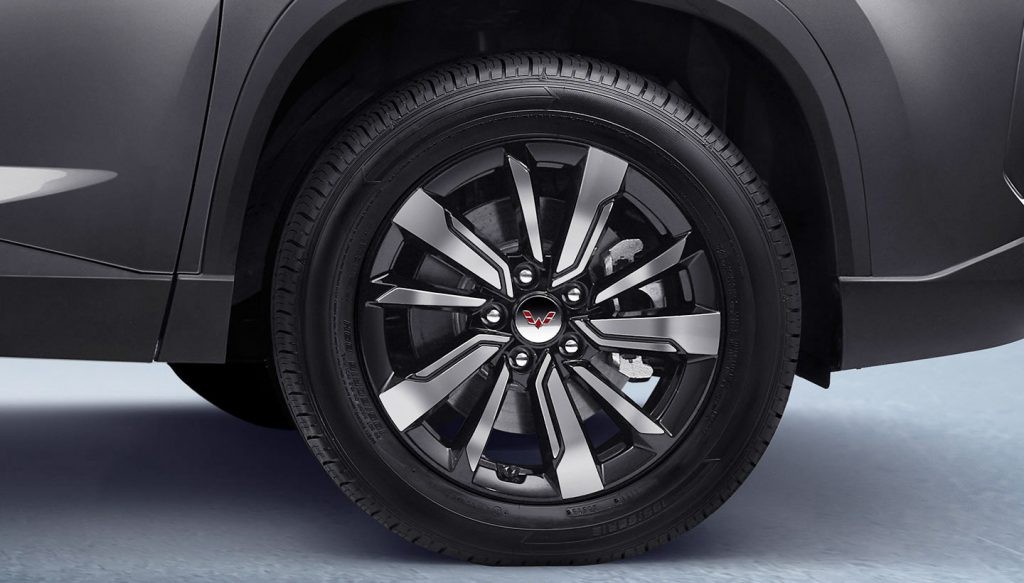Car vibrations at high speeds can be unsettling and signal underlying issues. Understanding the common causes can help you diagnose the problem and ensure a safe driving experience. This article explores five potential reasons why your car might be vibrating at high speeds.
1. Tire Issues
 Tires
Tires
Tires play a crucial role in vehicle stability. Several tire-related problems can induce vibrations at high speeds:
- Unbalanced Tires: Uneven weight distribution in a tire, even minor, can cause noticeable vibrations as the wheel rotates faster.
- Misaligned Tires: Improper wheel alignment disrupts the tire’s contact with the road surface, leading to vibrations and uneven tire wear.
- Low Tire Pressure: Underinflated tires flex excessively, generating heat and vibrations. They also negatively impact fuel efficiency and handling.
- Damaged Tires: Bulges, cracks, or uneven wear patterns on tires can all contribute to vibrations.
2. Engine Problems
A malfunctioning engine can manifest as vibrations at high speeds. Potential culprits include:
- Worn Spark Plugs: Faulty spark plugs disrupt the combustion process, leading to engine misfires and vibrations.
- Clogged Fuel Filter: A restricted fuel filter hinders the engine’s fuel supply, causing performance issues and potential vibrations.
- Vacuum Leaks: Leaks in the engine’s vacuum system can affect air intake and fuel delivery, leading to rough running and vibrations.
- Worn Engine Mounts: These mounts secure the engine to the chassis. Damaged mounts allow excessive engine movement, transmitting vibrations to the car body.
3. Worn Shock Absorbers
Shock absorbers dampen vibrations and ensure a smooth ride. Worn or damaged shocks can result in:
- Increased Vibrations: The car’s suspension can’t effectively absorb bumps and road imperfections, leading to noticeable vibrations, especially at higher speeds.
- Poor Handling: Reduced control and stability, making it harder to maintain a consistent speed and direction.
4. Brake System Issues
Problems with the braking system can cause vibrations, particularly when braking at high speeds:
- Warped Brake Rotors: Uneven surfaces on the brake rotors cause the brake pads to pulsate, resulting in a noticeable vibration in the steering wheel and pedal.
- Worn Brake Pads: Thin or uneven brake pads can contribute to vibrations and reduced braking performance.
5. Axle Damage
The axles connect the wheels to the vehicle. Damage to an axle, often caused by an accident or impact, can lead to:
- Wheel Wobble: A bent or damaged axle can cause the wheel to wobble, creating significant vibrations at high speeds.
- Loss of Control: Severe axle damage can compromise vehicle stability and potentially lead to loss of control.
Experiencing vibrations at high speeds warrants immediate attention. Have your car inspected by a qualified mechanic to diagnose the root cause and ensure a safe and comfortable driving experience. Ignoring these vibrations can lead to further damage and potentially dangerous driving conditions.